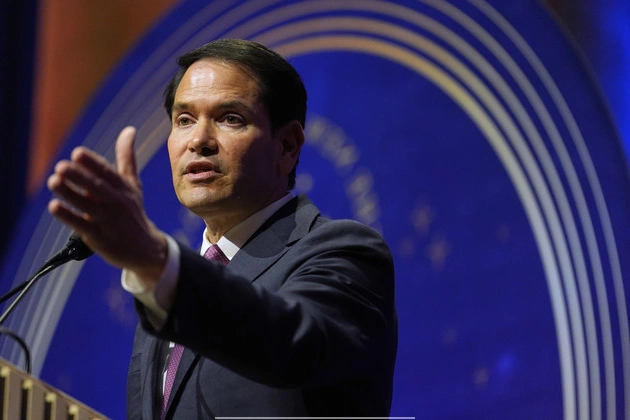
The U.S. imposed sanctions on four International Criminal Court judges, escalating efforts to rebuke the body for investigations deemed adversarial.
Sanctions and Reactions
Secretary of State Marco Rubio declared the sanctions in response to the ICC’s scrutiny of alleged U.S. military offenses in Afghanistan and warrants issued for Israeli leaders.
“These individuals participated in the ICC’s unjust and groundless actions against America and our ally, Israel,” Rubio stated.
“The ICC is politicized, asserting unfounded authority to probe, charge, and prosecute U.S. and ally nationals,” he added. “This overreach threatens U.S. and ally sovereignty and security, including Israel’s.”
International Implications
The U.S. move strains relations with the Netherlands before the upcoming NATO summit in the Hague, where the ICC is situated. The European Union may invoke its blocking statute to shield European entities from perceived unjust American sanctions.
These sanctions mark the latest in a series of U.S. responses to ICC actions, including previous executive orders against the court and its chief prosecutor. The U.S. and Israel, non-ICC members, reject the court’s jurisdiction, with Trump and Biden administrations differing on sanctions.
The Biden administration revoked previous sanctions against the ICC while providing evidence of Russian war crimes in Ukraine. The ongoing dispute highlights the complex interplay between international law, politics, and sovereignty.











